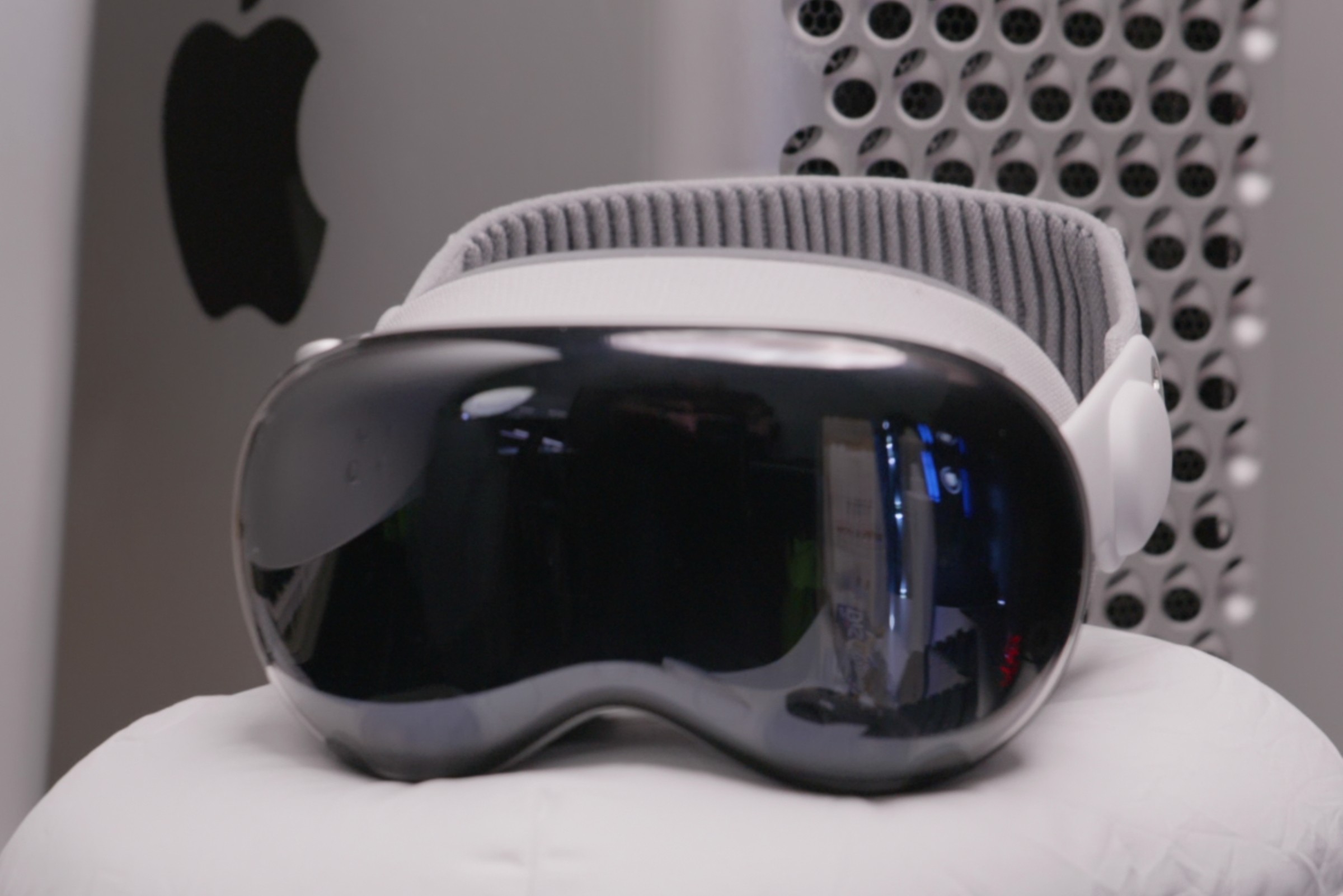
In the fast-paced tech world where being first seems paramount, Apple consistently proves that patience and perfectionism can be a winning strategy. The company's approach of entering markets later - but with more refined products - has repeatedly paid off throughout its history.
Consider Apple's reported work on an advanced version of Siri powered by large language models, expected to launch in 2026. While competitors rush to market with AI assistants, Apple maintains its methodical pace. This mirrors the company's historical pattern with revolutionary products like the iPhone and iPod - entering established markets years after competitors but ultimately defining those categories.
A striking example of Apple's long-term vision emerged recently through a 2008 patent filing. The document described a wearable display with motion tracking that bears an uncanny resemblance to 2024's Vision Pro headset. This 15-year development timeline showcases Apple's willingness to nurture ideas until technology catches up with their ambitions.
The company's automotive project further illustrates this philosophy. After a decade of development, Apple opted to cancel the initiative rather than release a product that didn't meet their standards. This level of restraint is enabled by Apple's substantial financial resources, allowing them to pursue extended development cycles or completely abandon projects that don't align with their vision.
Now, Apple appears poised to enter the smart home display market, years after Amazon and Google established their presence. While this may seem like a delayed response, Apple's timing could prove strategic given that existing products haven't captured significant market share.
The tech giant's approach challenges conventional wisdom about innovation and market dynamics. Their success suggests that being first isn't always best - sometimes the most impactful move is waiting for the right moment to deliver a truly refined product that transforms user expectations.
This strategy of calculated patience may frustrate those demanding immediate innovation. However, Apple's track record demonstrates that when they finally enter a market, they often do so with products that fundamentally reshape our relationship with technology.